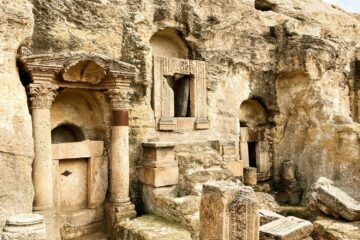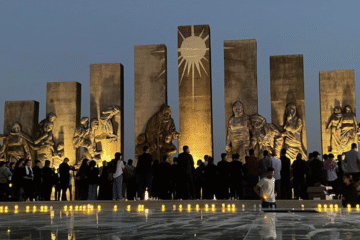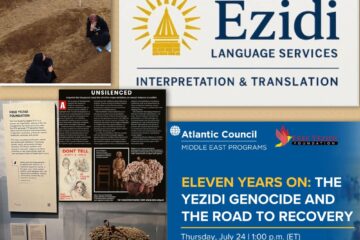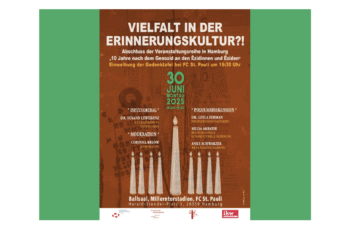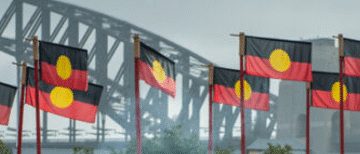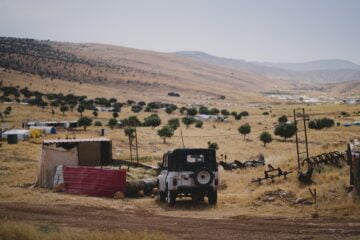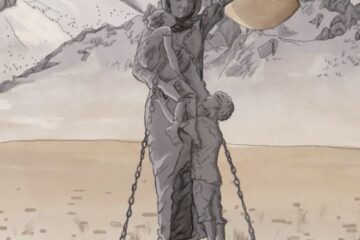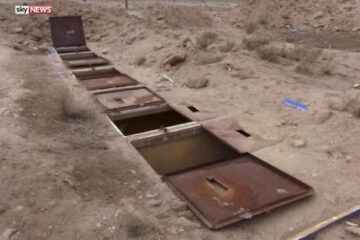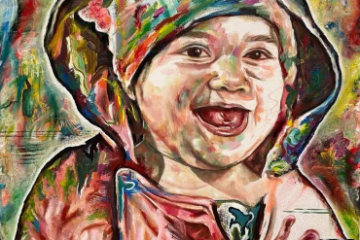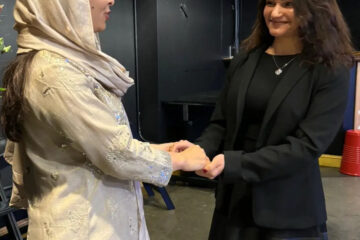Iraq’s Water Crisis Uncovers Traces of Ezidi Heritage Alongside Ancient Tombs
As the Mosul Dam reservoir recedes to its lowest levels in nearly a century, archaeologists are uncovering not only 2,300-year-old Hellenistic tombs but also traces of Ezidi heritage once submerged beneath the Tigris. In recent years, a long-hidden Ezidi village, a 1961 tomb, and even a school in Hanke have resurfaced, reminding the world that Ezidi history in northern Mesopotamia — tied to the faith of Sharfadin — cannot be erased by dams, drought, or displacement.
